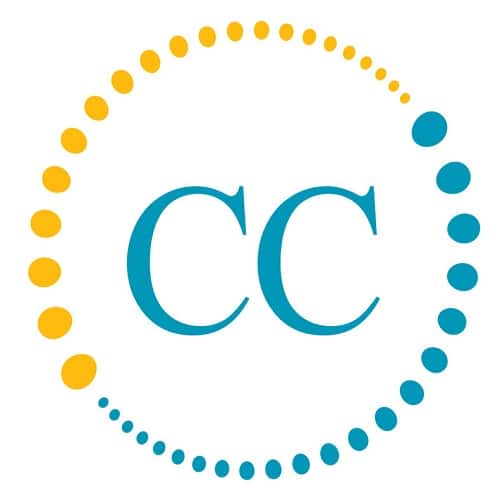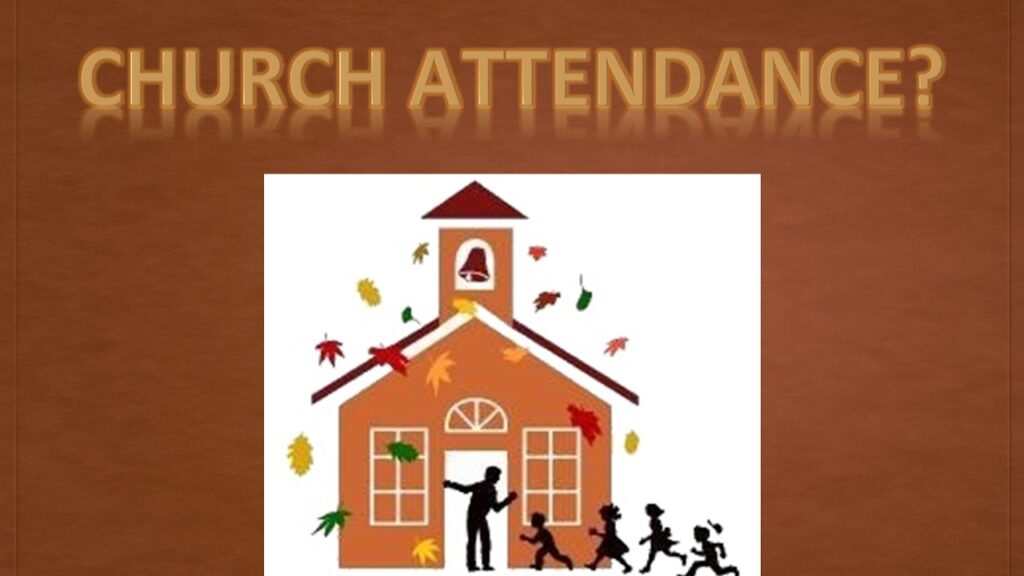Church Marketing – Pros and Cons

Church marketing, a concept that may seem unconventional to some, involves using marketing tools and strategies to promote a church’s presence, message, and activities. While church marketing can effectively expand a church’s reach and impact, it also raises specific concerns and challenges. At Church Consultant, we encourage examining the pros and cons of church marketing so that religious communities can navigate this approach effectively.
Pros of Church Marketing
Increased Visibility and Reach: In an age where digital media dominates, church marketing can significantly improve a church’s visibility. By leveraging social media, websites, and other digital platforms, churches can reach a broader audience, including younger generations and those who might not be reached through traditional methods.
Effective Communication of Services and Events: Marketing allows churches to effectively communicate their services, events, and programs to their congregation and the wider community. This improved communication can lead to increased attendance and participation in church activities.
Community Engagement and Outreach: Well-executed marketing strategies can help churches engage more deeply with their local communities. This engagement can take many forms, from community service projects to special events, fostering a stronger bond between the church and its surrounding community.
Resource Optimization: Marketing can help churches make better use of their resources. By understanding their audience and tailoring their messages accordingly, churches can allocate their resources more effectively, ensuring that they reach and resonate with their intended audience.
Cons of Church Marketing
Commercialization Concerns: One primary concern about church marketing is the risk of commercializing the church. Some fear marketing may shift the focus from spiritual growth and community service to numbers and growth metrics, potentially undermining the church’s core mission.
Potential for Misaligned Messaging: There is a risk that marketing efforts might not always align with the church’s values or message. The pursuit of catchy, attention-grabbing content can sometimes lead to diluting or misrepresenting the church’s core beliefs and teachings.
Resource Allocation: Effective marketing requires significant time, money, and skills. For many churches, especially smaller congregations, this can considerably strain their resources.
Risk of Exclusion: Marketing strategies often target specific demographics, which can unintentionally lead to the exclusion of others. Certain groups may feel alienated or overlooked if they don’t see themselves represented in the church’s marketing materials.
Church marketing presents both opportunities and challenges. On the one hand, it offers increased visibility, effective communication, community engagement, and optimized resource use. On the other hand, it can raise issues around commercialization, message alignment, resource allocation, and potential exclusion. Churches considering marketing strategies should weigh these pros and cons carefully, ensuring that their marketing efforts align with their core values and mission while effectively reaching and serving their community.
Steve Lawes is a Church Consultant and also provides coaching for pastors, churches, ministries and church planters.





